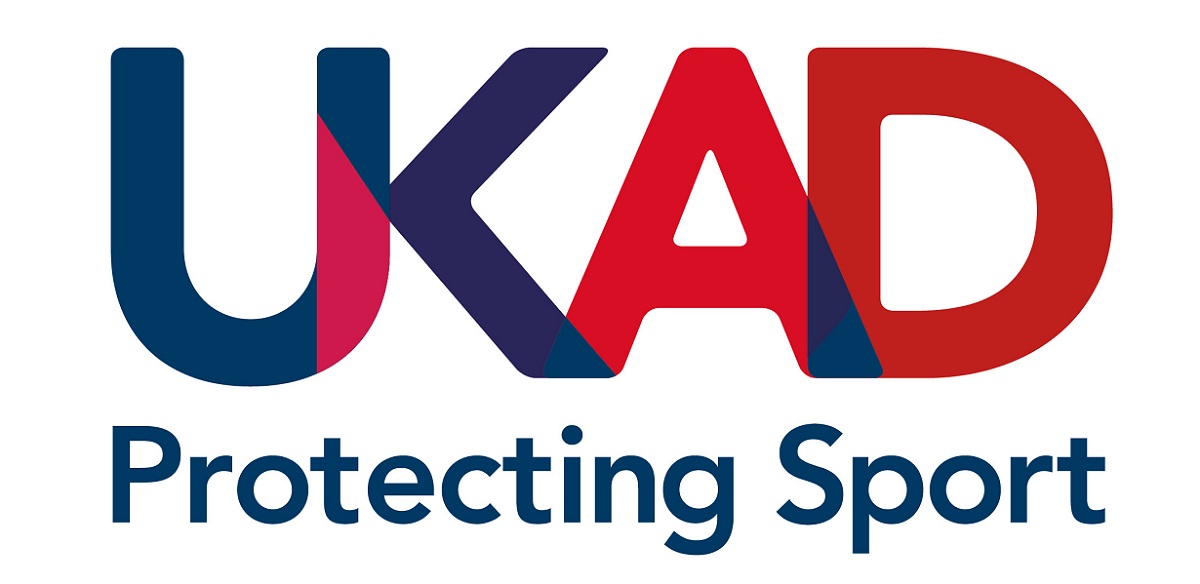Doping in sport: How did UK Anti-Doping tackle it for Paris 2024?
With a huge summer of sport now at a close and as we bid adieu to another Olympics and Paralympics, UK Anti-Doping (UKAD) shares the results of its work across testing and education in the build up to, during, and post Paris 2024.
In the 12 months leading up to Paris 2024, Team GB and ParalympicsGB athletes were tested more than 2,000 times collectively, with over 1,200 of those tests conducted by UKAD and the remainder through collaboration with International Federations. A further 1,300 tests were conducted by UKAD in the same period with athletes featured on the long list of hopefuls for the Games.
UKAD’s risk-based, intelligence led testing programme was conducted in the lead up to the Games by the 165 Doping Control Personnel at UKAD, some of whom also went out to Paris to support the International Testing Agency and International Paralympic Committee with the testing at the Paris 2024 Olympic and Paralympic Games.
In addition to its large testing efforts, UKAD educated 937 GB athletes and athlete support personnel in attendance to ensure they could compete in Paris fully aware of their anti-doping responsibilities. This included delivering a combined 1,900 hours of self-guided eLearning courses and more than 289 additional hours of National Trainer led courses specific to the Olympic and Paralympic Games.
UKAD Chief Executive, Jane Rumble, said:
“UKAD’s work doesn’t stop between each major sporting event but the build up to an Olympics and Paralympics is crucial. Getting to see the feats of strength, speed, grit and determination demonstrated at Paris 2024 was made all the better by knowing that the athletes we work with had completed their education and undergone anti-doping testing in the months leading into Paris. I’d like to thank all the athletes, support personnel and sporting bodies involved for their commitment to clean sport. Also, I am extremely grateful to our education and testing teams, including our National Trainers and Doping Control Personnel who helped ensure athletes were well prepared ahead of Paris. Paris 2024 may be over, but our work doesn’t stop as we are passionate about continuing to make a positive impact on sport in the UK and globally.”
Chair of UKAD’s Athlete Commission, Ama Agbeze, added:
“After the empty stands for athletes attending the COVID era Tokyo Games, three years on we got to see what the Olympics and Paralympics are truly about: people coming together from different cultures and backgrounds to celebrate the hard work and determination of our sporting heroes. It’s an event that helps inspire all ages, including the next generation, to take up sport too and maybe even to go on to become Olympians and Paralympians themselves.
“I would like to congratulate all the GB athletes and support personnel involved in Paris 2024 for contributing to a clean and safe Games that the nation can take pride in. The Athlete Commission here at UKAD understands and appreciates the close collaboration and diligence that has enabled athletes to commit to and then deliver on clean sport. It has been a critical and extremely busy time for all involved but anti-doping is a vital area that all athletes need to think about throughout their careers. The Athlete Commission is looking forward to working with athletes, advocating for clean sport and being a voice for them in this space.”
Whilst doping in sport is ever evolving, UKAD has outlined how it is evolving too with some ambitious plans for the future, featured in its recently launched Strategic Refresh.
Furthermore, UKAD will be working closely with its Athlete Commission to find new innovative ways to tackle doping and to ensure athletes are at the forefront of all that it does. It will be boosting its education materials for athletes and support personnel, introducing new ways for people to anonymously report their concerns of doping, and conducting more research projects, such as the one recently announced with the Rugby Football League, which will explore the risks and societal influences towards performance enhancing drug use in the sport.



